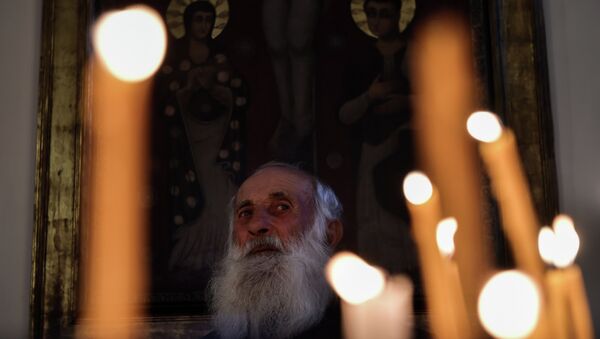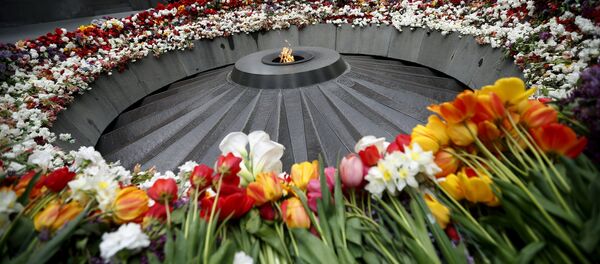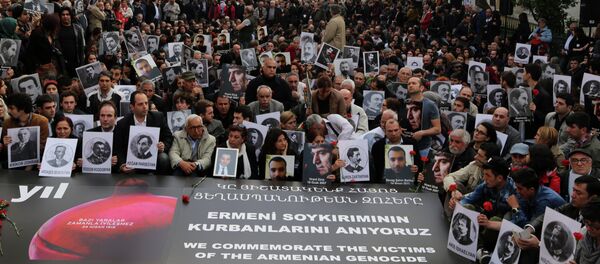A source from the Swedish Foreign Ministry told TT news that the question is "delicate," and that the decision on whether to acknowledge the atrocities as genocide is under review, despite the election pledge. According to TT, a foreign policy declaration released after the election in October last year made no mention of the issue, and the Foreign Office has declined to make an official comment on the subject.
Vahagn Avedian, spokesman for the Armenian Associations in Sweden, called the decision "absurd," and complained, "they say one thing in opposition, and another in office."
"France has recognized the genocide, and so has Germany recently. Why wouldn't Sweden do so?" said Avedian, who added that he believed fear of Turkey's reaction lie behind the decision.
In 2010, Turkish President Recep Tayyip Erdogan canceled a visit to Sweden and recalled the Turkish ambassador after the Swedish parliament voted narrowly to pass a cross-party motion, "to recognize as an act of genocide the killing of Armenians, Assyrians/Syriacs/Chaldeans and Pontic Greeks in 1915." Then Swedish Foreign Minister Carl Bildt said the parliament's move was "a mistake" and not the position of the government.
In a statement criticizing the vote, Erdogan said, "Our people and our government reject this decision [which is] based upon major errors and without foundation."
The term genocide is used by more than 20 countries to describe the killings, including Russia, France and Italy, and the German parliament is set to use the term in a motion to be passed on Friday. The Austrian parliament became the latest to do so on Wednesday, causing furious reaction from Turkey.




